15 Asia-Pacific economies sign China-backed trade deal in another blow to US
Fifteen Asian countries have signed a China-backed trade deal that will knit their economies closer together in the world’s largest trade bloc that excludes the United States.
Ten Southeast Asian economies along with China, Japan, South Korea, New Zealand and Australia signed the Regional Comprehensive Economic Partnership (RCEP) at a regional summit in the Vietnamese capital Hanoi, on Sunday.
The deal that was proposed in 2012 covers nearly a third of the global population and about 30% of its global gross domestic product.
The agreement will progressively lower tariffs, boost investment and allow freer movement of goods within Asia Pacific region.
According to Australia's Trade Minister Simon Birmingham, it has brought also hope to Australia to improve its strained relations with China — its biggest trade partner.
Australia's relations with China became frayed after Canberra joined Washington in calling for an investigation into the source of the coronavirus epidemic, which was first reported in the Chinese city of Wuhan late last year.
Beijing described the move as politically motivated, saying that an investigation of the coronavirus must be purely scientific.
The dispute has hit a dozen Australian industries and affected exports to China of agricultural products, timber and resources worth billions of dollars.
The RCEP deal offers a platform that can lead to a positive change in relations, Birmingham said ahead of the conclusion of the summit.
"The ball is very much in China's court to come to the table for that dialogue," he added.
"It is crucial that partners like China, as they enter into new agreements like this, deliver not only on the detail of such agreements, but act true to the spirit of them,” he said.
The deal is a further blow to the United States, which is excluded from both RCEP and the Trans-Pacific Partnership (TPP), in the midst of a trade war with China.
Outgoing President Donald Trump pulled the US out of TPP in 2017. The other 11 countries, including Japan, Canada, Mexico and Australia, went ahead without Washington and signed a lower-impact version of the deal in 2018.
Iran cuts gold import tariff to zero
Pezeshkian: Iran determined to develop, boost ties with neighbors
VIDEO | Israel, Hamas ceasefire agreement: Closer than ever
VIDEO | Gaza ceasefire to be put in place under resistance conditions
Hot water and sewage: Palestinians share harrowing tales of torture in Israeli prisons
VIDEO | Thousands evacuated in Ethiopia amid earthquakes, volcanic eruption fears
Revealed: Israeli ministers eye restoration of illegal settlements in Gaza through genocide
How Los Angeles’ pistachio tycoons facilitated and profited from wildfires


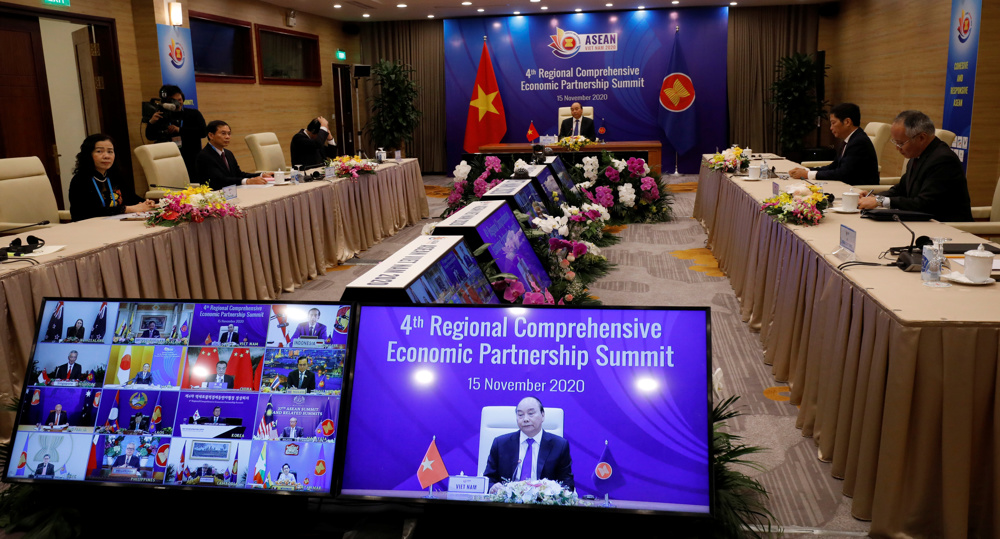


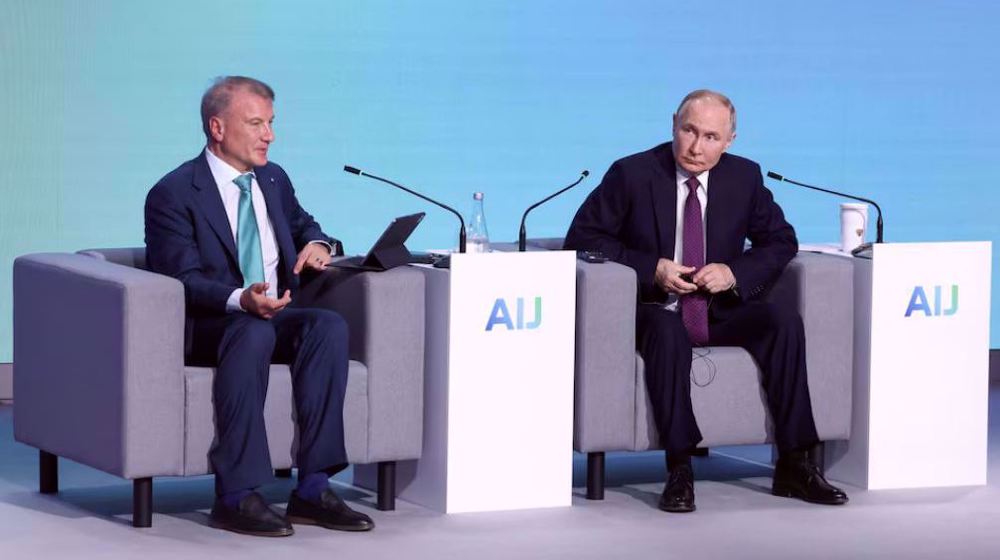
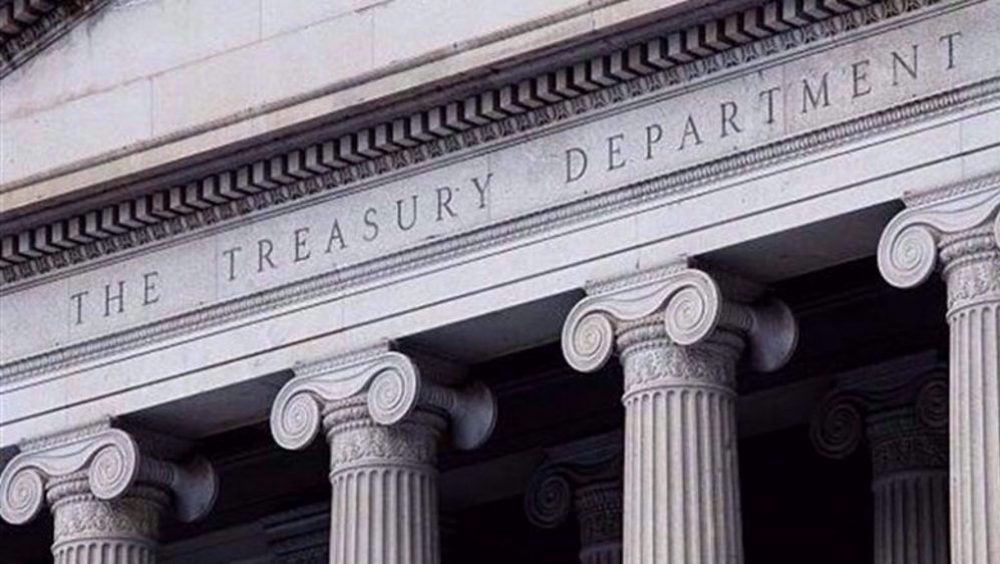
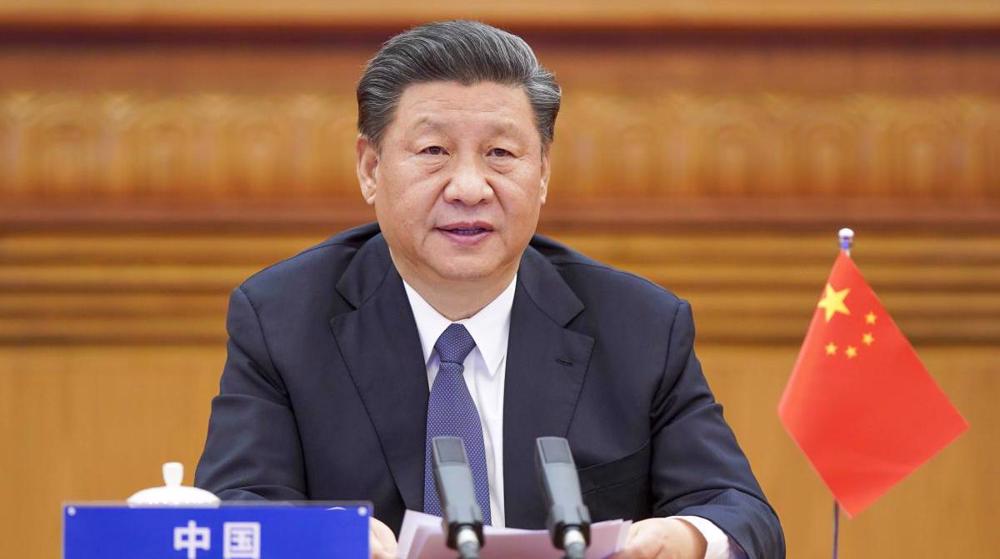



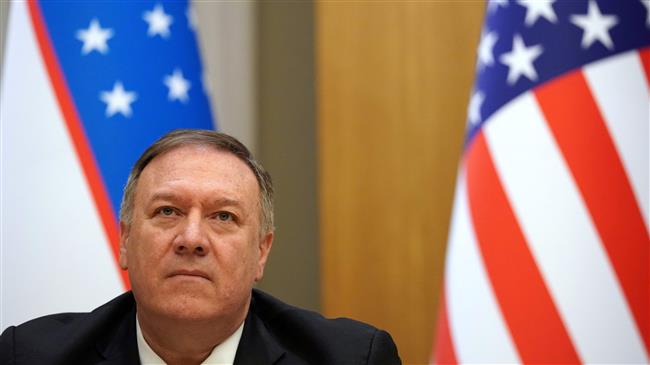
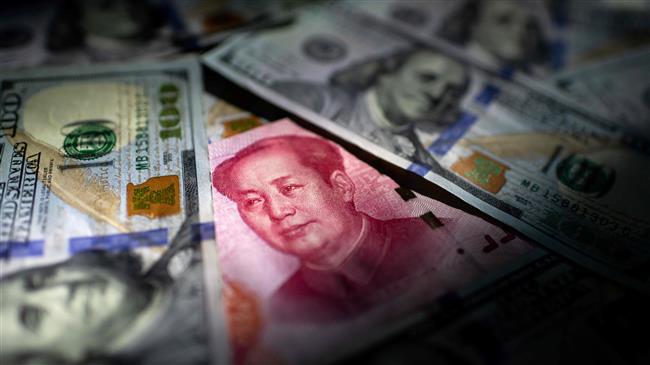

 This makes it easy to access the Press TV website
This makes it easy to access the Press TV website